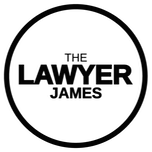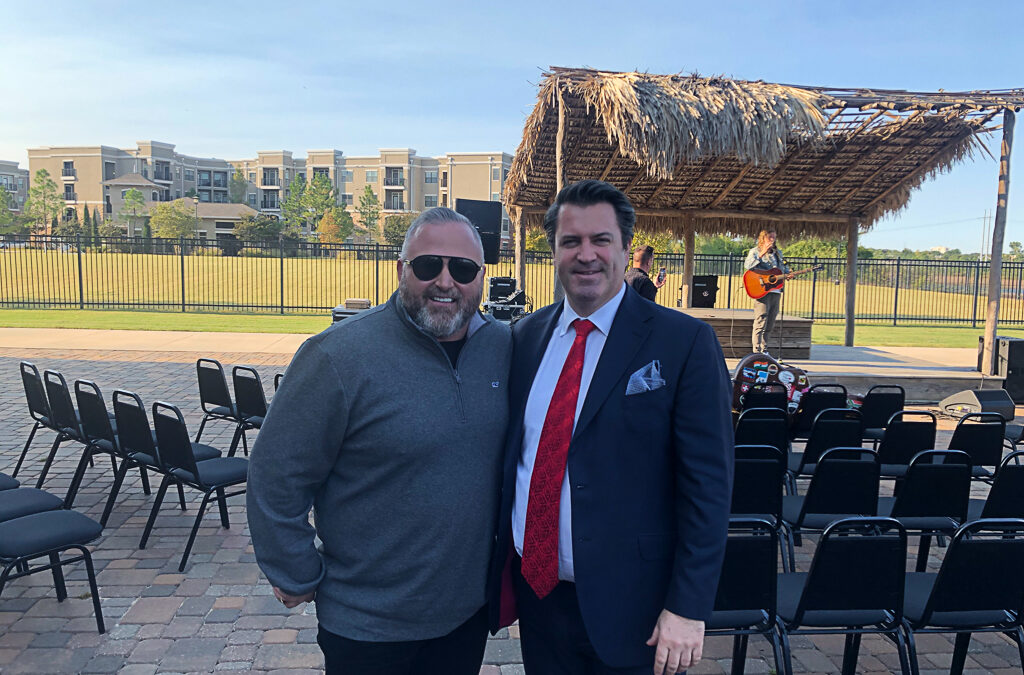Dynamite dynamite dynamite. This is the lawyer, James, the dynamite audio program. It is the absolute best audio content by New York Business Attorney in both transactional and litigation practice areas. And it is helpful for all industries. Now here’s today’s episode. One more thing. Before we get started, you can reach me online by visiting my website, the lawyer james.com. The lawyer james.com. The lawyer james.com. You can call me at (212) 500-1891. That’s the office (212) 500-1891 (212) 500-1891. You can contact me by email at James at the lawyer. james.com. James at the lawyer, james.com. james@thelawyerjames.com or by text message at (917) 783-3153. Text message (917) 783-3153 that’s (917) 783-3153.
All right. In this episode, in this episode is part of the series of the anatomy of a lawsuit, part of the series, a deep anatomy of a lawsuit New York Business Attorney. And in this episode, I want to talk to you about discovery disputes. We covering what discovery is, and that is basically the exchange of information to develop a record for the case. There is written discovery and the written discovery comes in, um, uh, three principle ways. The first is, uh, interrogatories where you ask written questions. Um, the other is an and then the other party answers them. The next is document production and the next is, uh, requests for admission. And there’s also testimonial evidence, which is, uh, then the form of depositions. This is during the discovery process, not just backing up again, we’re talking about this in the context of a lawsuit and you have a plaintiff.
We have a defendant, the plaintiff asserts claims against the defendant and the defendant answers to the Plains. And it is after the case commenced, the defendant responds as a preliminary conference and the parties are involved in discovery. They’re making requests, they’re giving answers, they’re following up and they’re changing information. You’re having depositions. And again, another part of discovery or fact witnesses and documents, and then there’s extra witnesses and expert documents and experts give their opinion based on the evidence as they see it. And as they understand it and as they interpreted and the purpose of the expert is to help the fact-finder make a decision with respect to the facts and the evidence. And, uh, to see if the expert, for instance, there are many kinds of expert witnesses New York Business Attorney. There’s a, you know, financial expert witness that can help explain how a party did or did not hide money and all experts.
You know, you’re probably most familiar with it in the, um, in the environmental context where they have expert witnesses that testify about, you know, seepage, if you know, chemicals seep into the soil 15, 20, 30, 40, 50 years ago, whereas that chemical, now that it hit the water table or did it come from somewhere else, uh, or did it go somewhere else? Is it affecting, you know, or is it seeping into garden? Does it below that table? Is it now just detecting trees that have deep roots, you know, that, that type of thing. And then, so the expert is to assist the, the finder of fact in determining the truth in the record and to making determinations based on, based on, based on what the expert testifies and what the expert writes. Okay. So what I want to talk about, like I mentioned, I want to talk about discovery disputes.
What is a discovery dispute? Discovery dispute is when one party asks for documents for information or for request for admission and the other party, you know, in the extreme, in the extreme circumstance. And as an extreme example, just simply doesn’t respond. That’s actually not a dispute. That’s just an a non-responsive, uh, party. And depending on the part that you’re before the judge that you’re before, that may be a very serious thing. If the other side doesn’t respond or the judge might give, um, extension after extension to respond, the courts are getting, at least in New York Business Attorney are getting increasingly, increasingly more sensitive about the deadlines. And it’s, it’s really a, an art form when the judges make a determination as to the dates and S and the enforceability and whether or not they’re going to enforce the deadlines, because you have to understand that judges, you know, they, aren’t infallible, and there’s a check and balance system within the court system.
And it’s called the appellate process, which we’ll get into later in a later episode, once we’re done with the anatomy of the trial or toward the end of the anatomy of the lawsuit series now where it most often comes up, is that a discovery dispute is party asks for a bunch of documents. And the other side objects, for instance, for, let’s say that one party wants to see the other side’s tax returns because their bank accounts and personal bank accounts, and a lot of people don’t like to turn over that information. So a lot of times there’ll be an objection from the party that is required to produce the documents, or who has been served, the request for production of documents. And they’ll be, you know, they just, they want they’ll object. And they’ll say that they’re not going to provide on, you know, whatever grounds that they come up with.
And then if the parties agree that it’s no issue, but if they don’t agree, there’s now a discovery dispute and the rules, at least the CPLR requires that the parties meet and confer. And this is very important. And before you can take a discovery dispute to a judge, you have to meet and confer per the CPLR. And the CPLR again is New York Business Attorney procedural rules. Now, again, and I mentioned this, and this is very, very important. I should probably mention that in every episode that each, each judge and each part has its has his or her individual partners. Now in the individual part rules, it will say what is required when there is a discovery dispute. And this is an addition to the meet and confer. Some judges may have to schedule a telephone conference with the court other times. Well, when I say a telephone conference with the court that leaves with the judge or with the judges staff and the court staff, that particular part staff, and almost always, almost always, whenever one party is calling the court, the other party has to be on the phone.
And when I say party, I mean the party’s representative, which is the attorney, if they’re represented by an attorney, and that raises just another vignette of an issue entities that are not individuals like an LLC and a limited liability company or corporations, they need to be per the CPLR. Those entities need to be represented by counsel. There are exceptions, there are nuanced exceptions. Haven’t really dealt with that issue, but if I needed to, I, I certainly would at some point, but, but by and large, and for the most part corporations and limited liability companies, entities must be represented by an attorney. Okay. So how do you do a meet and confer in the discovery dispute meet confer? It’s it can be conducted over the telephone, or it can be in person. The meet and confer is simply a good faith attempt at resolving the discovery dispute so that you don’t have to take it to court.
Sometimes these conversations are very short where the other sides are diametrically opposed, and there is no hope whatsoever of resolving the dispute. Well, you know, what, guess what? You still need to have the meet and confer. And let me tell you how important this meeting converters. I was involved in the big stakes litigation where the other side was not being very productive or cooperative. They weren’t producing what we’re asking for and wrote a letter saying why their discovery responses were deficient New York Business Attorney. And then that letter, we requested that we have a meet and confer and the other side flatly denied it. Well, we were in the commercial division, very sophisticated judges. When we went to the core conference, we told the other side, excuse me, resolved the court that the other side refused to meet and confirm. And the judge got very, very annoyed with the other side because it’s very, very, very important to meet and confirm for two reasons.
Number one, that’s what the rules require. But number two, I mentioned this in an earlier episode, judges despise dealing with discovery disputes and the will if they have to, but they try to resolve them. Uh, if, if the parties can’t resolve in to meet and confirm the judge, we’ll try and resolve them, um, at a conference court conference. And if we can’t, then we have to get into motion practice, and then we’ll file motions and responses and have oral argument on the discovery dispute. And that is the, in a nutshell, what a discovery dispute is. Of course, there’s a lot more involved with anything, always consult an attorney. You can give me a call. If you liked the numbers in the outro here, it goes
Online by visiting my website, the lawyer james.com, the lawyer james.com. The lawyer james.com. You can call me at (212) 500-1891. That’s the office (212) 500-1891 (212) 500-1891. You can contact me by email at James at the lawyer, james.com. James at the lawyer, james.com. James at the lawyer, james.com or by text message at (917) 783-3153. Text message. (917) 783-3153 that’s (917) 783-3153.

